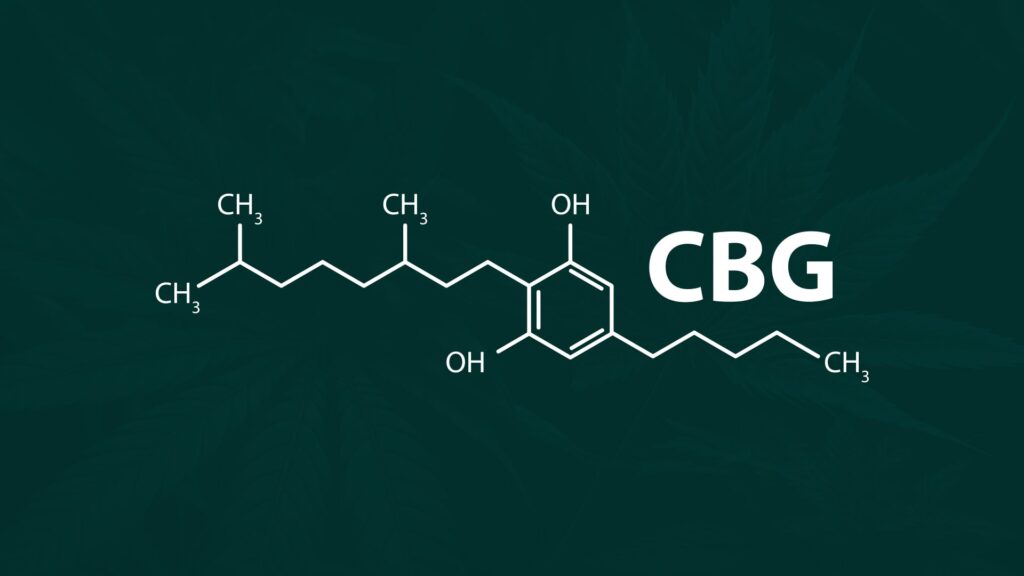What is CBG?
Despite being lesser-known relative to the popular cannabinoid, CBD, CBG has been garnering attention for its potential medicinal properties. Unlike THC, CBG does not have psychoactive effects, meaning it won’t give you a “high.”
CBG oil is created by extracting Cannabigerol from the cannabis plant and then diluting it with a carrier oil such as coconut or hemp seed oil. As with CBD, the extraction process greatly impacts the quality and purity of the end product.
Research on CBG is not as extensive as with CBD, but preliminary research has shown promising results. CBG has been identified for its potential neuroprotective effects and appears to have anti-inflammatory and antibacterial properties. It may also have potential in the treatment of conditions like glaucoma, inflammatory bowel disease, and even as a cancer-fighting agent. More research is need to understand the full range of its health benefits.
In conclusion, CBG, though less prevalent than CBD, appears to have considerable potential in the medical field. Through continued research, the understanding and utilization of CBG’s therapeutic effects could signify a promising chapter in cannabinoid-based treatments.
- By Matt




